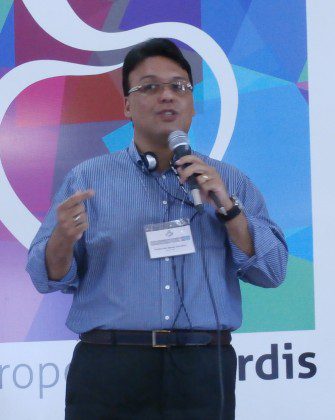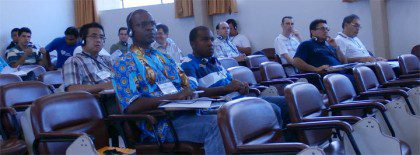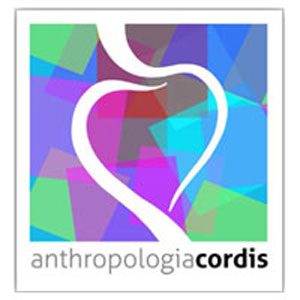Anthropologia Cordis, Taubaté, Brazil
Monday, February 3
This morning’s main presentation was by Fr. G. Colzani, an Italian priest, whose presentation focused on the question (crisis) of anthropology in today’s world. He pointed out that many of the starting points of the human person that existed in the past – particularly starting points in Christianity – are no longer automatically accepted, even in cultures that are traditionally Christian (Europe, North America). Rather, in today’s word, we have a humanity that is not grounded in any principle of belief that is widely accepted.

Part of what causes the lack of universal principles is that we are now in a “post colonial” world. Cultures that are not European, rightly independent, are now putting forth their own ideas and anthropology. No longer is it an automatic presumption that European and North American values are automatically superior.
In a post-modern, post colonial world there seems to be no “certainty” about the place of humanity and anthropology has no universal starting point about the nature of humanity. The result is what anthropology calls a human community that is “senza casa, senza cuore” (without a home, without a heart). This gives rise to a lack of community, a lack of relationality. Part of what Christianity offers to the world is the belief that God has entered into dialogue with humanity in the person of Christ, and this relationship of God to humanity allows us to be rooted and grounded in a relationship of love with God and other people.
Following the morning talk, we all broke into groups to discuss and respond to what we heard. My group consisted of people from the United States, Italy, Germany, Spain, Portugal and France. Each of us had the opportunity to respond to the presentation and discuss with each other how we experience the question of anthropology in our own cultural contexts.
In the afternoon, each group presented a synthesis of their own reflections. One of the constant themes each group reflected on was the importance of family, salvation, and tolerance of other points of view as part of the anthropologia cordis.
-Fr. David Szatkowski, SCJ


